Birds in the garden: benefits and tips to attract them
Do you want to wake up every morning with the singing of birds? We tell you how to attract birds to your garden.
This article is going to be a bit special.
And it is that today we are not going to give you any advice to take care of your plants, as we usually do in this blog.
Instead, we are going to focus on beings that often keep us company in the garden, and who enjoy plants as much (or almost) as we do:
Birds.
Specifically, we are going to explain:
- How to get your garden filled with birds.
- The advantages of having these friendly companions hovering among your plants.
- The most common species that you can attract.
Ready to turn your garden into a bird sanctuary? Well, let's go there.
Benefits of attracting birds to your garden
Many of our clients have asked us the same question on this topic:
Is it good to have birds in my garden? Do they help my plants in any way?
And the answer is that, in some cases, yes.
For starters, birds mostly feed on insects (this will depend on the species). By attracting them it is possible that they become a "natural remedy" against some undesirable pests that affect our garden.
In addition, some birds also feed on seeds such as those that give rise to weeds, so they can help us keep these unwanted visitors at bay.
But in our opinion, the biggest benefit of having birds in the garden is simply enjoying them.
Their presence, their flutters, their colours... and of course, their beautiful song.
Do you agree with us?
The 6 most common species of birds that you can find in your garden
As you know, each area has a series of native species, so it is possible that in yours there are birds that are not on this list.
However, the ones that we have included here are the ones that you can find in all (or almost all) the gardens of Spain:
- Goldfinch: very recognizable by the red, black and white plumage on its head, the goldfinch feeds mainly on seeds and weeds. His song is one of the most beautiful there is.
- Blackbird: a morning species that gives us its song very early in the morning. It is very easy to recognize by the black color of its plumage, which contrasts with the red of its beak.
- Sparrow - a classic of any garden. You will easily recognize them by the brown and black colours of their plumage.
- Chickadee: this species stands out for the yellow plumage that covers its body and the black stripe that crosses its chest. It feeds mainly on insects and seeds. It has a very nice song.
- Blue tit: Another insect lover, who also stands out for the yellow plumage of his body, which is bluish on the wings.
- Robin: a curious and very daring bird that often has no problem getting close to humans. It has a very melodic song.
Now we only have the last step: knowing how to attract them.
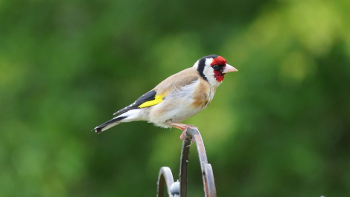
How to attract all these birds to your garden? The 3 most common ways (+1 extra tip)
The truth is that this should not be complicated.
As a general rule, wherever there are plants, the normal thing is that sooner or later the birds appear.
But what if it is not your case, or if you simply want these friendly companions to spend more time in your garden?
Here are some ideas:
1. Install a feeder
Especially in cities, many birds have learned to feed on the remains left by humans (on the terraces of bars, restaurants, etc.).
That is why it is very likely that, if you put a feeder in your garden, they will end up coming.
These feeders can be filled with:
- Seeds: Black sunflower seeds and birdseed are their favourite options.
- Ripe fruit: if you have fruit trees (or simply if you have extra fruit at home) you can leave a part to the birds. This way, they are also less likely to peck at the fruits that hang from the tree.
- Special preparations for birds: this is the option that the experts recommend the most.
Make sure to put it up high in view of the birds, and to clean it regularly.
It may take a while for the birds to appear after you install it, but we recommend that you be patient.
Sooner or later, the birds will be attracted to the food.
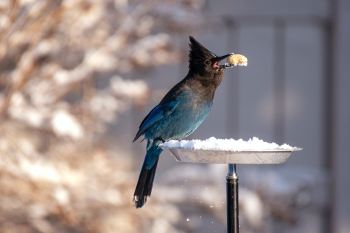
2. Install fountains for them to drink (and bathe)
We all have in our heads the image of a bird taking a bath and grooming its feathers. And it is that, for birds, this type of baths are a common part of their routine.
Also, like any other animal, they need to drink frequently.
That is why another very interesting option (and complementary to the previous one) to attract birds to your garden is to install a bird fountain.
If for reasons of space you cannot install a fountain, at least try to put a drinking fountain somewhere (hanging from the bark of a tree, for example).
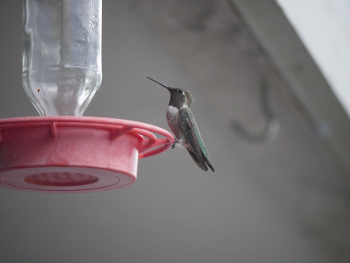
3. Put a nest box
If you want to enjoy the birds as long as possible and even see how they raise their chicks, try installing a box in a tree so that they make their nests in it.
Be careful, keep in mind that each species needs a box adapted to its size.
In addition, it is important that they are made of resistant materials, and if possible that isolates from outside temperatures so that the birds are more welcoming.
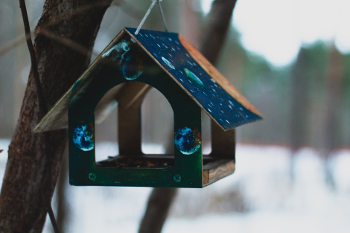
Extra: If you have space, plant trees
We close the list with a trick regarding the configuration of the garden.
For most birds, there is no better place to rest than the highest branches of a tree. A place where they feel safe from predators.
If you put trees in your garden, the birds are much more likely to be attracted to them and visit you more often.
In addition, trees are the best place to install nest boxes and feeders.
You can even plant fruit trees so that, during the spring and summer, the birds come to feed on their fruit (as long as you don't mind sharing them with them).
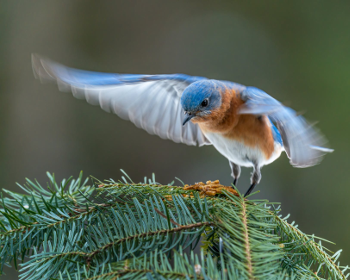
You already know how to attract birds to your garden
Of course, remember that first you must be patient.
It can take several weeks before the birds begin to regularly come to your garden.
But if you are patient and consistent, sooner or later they will.
And if you need help to know which trees you plant in your garden or specific advice to take care of your plants, remember that you can contact us by clicking on this link.
We will be delighted to help you.
In Same Category
- What care does your lawn need in spring? In this post, we'll explain it to you.
- Césped. Cuidados durante el invierno
- Hongos del césped más comunes, cómo evitar que aparezcan y qué hacer para eliminarlos
- Tipos de césped natural: cuáles hay y cómo escoger el mejor para tu jardín
- Do you know how to recover an abandoned garden? How to do it step by step
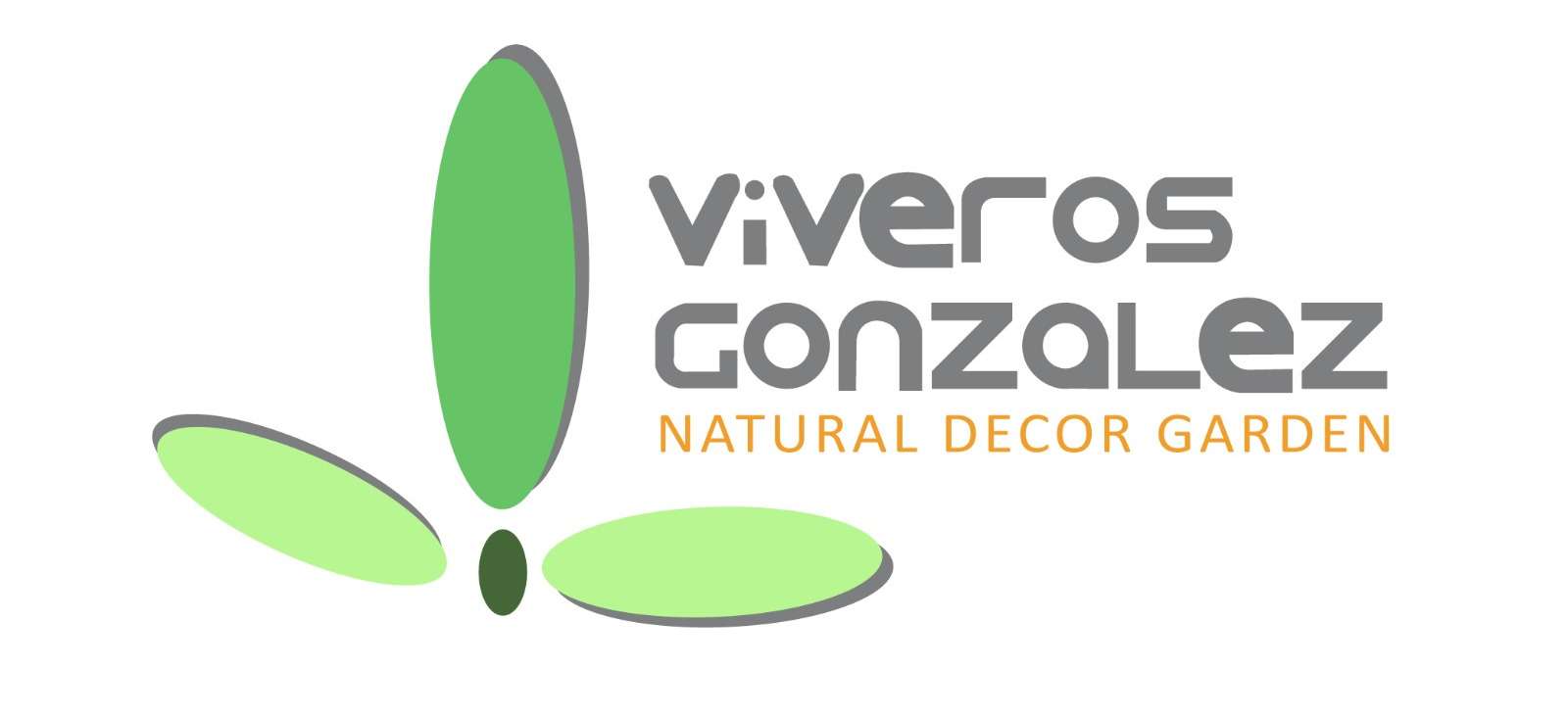
 English
English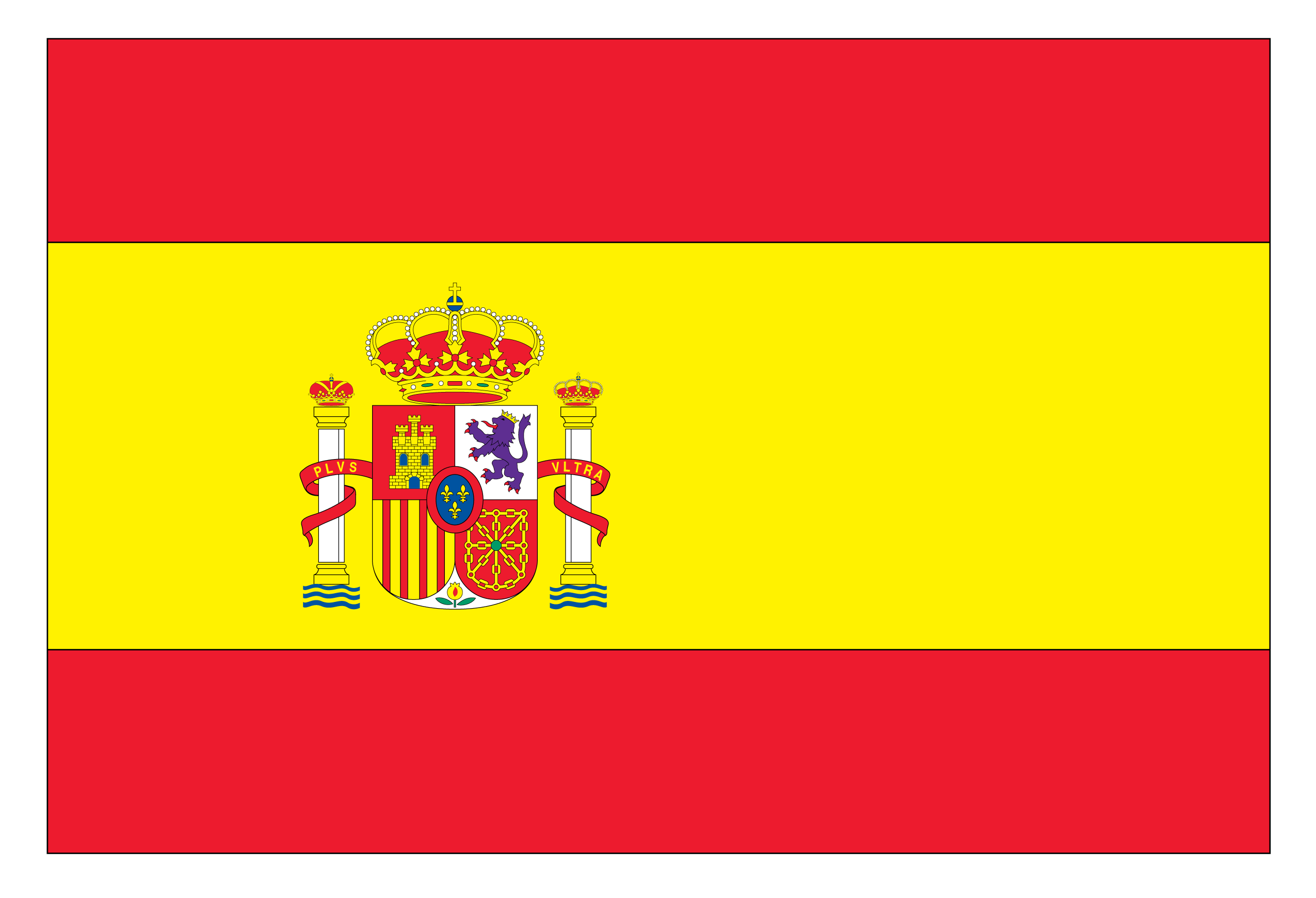 Spanish
Spanish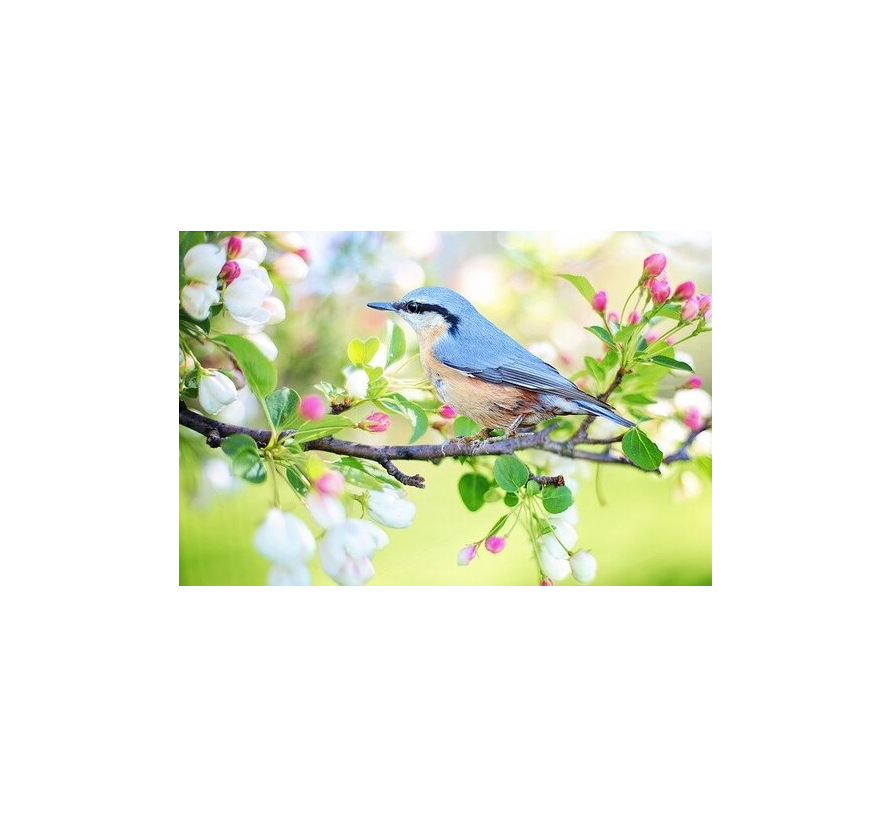
Comments
Leave your comment